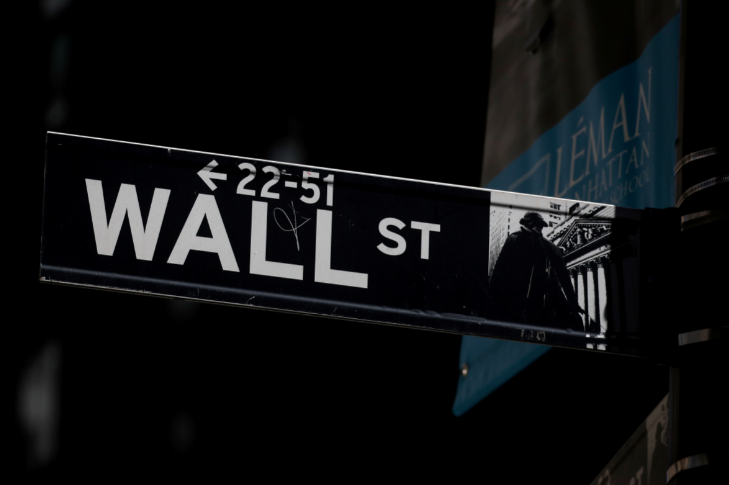After the sharing workspace company WeWork's humiliating postponement of its IPO (initial public offering), Airbnb, the online marketplace for room rental or homestays, is one of the startups now considering the pros of a direct listing over the traditional IPO causing Wall Street banks to seek out Chinese unicorns.
It was reported that Airbnb, valued at over $30 billion, announced it will go public in 2020.
What wasn't given equal focus is the company considering direct listing over IPO.
A direct listing not only lets a company do away with humongous fees of investment banks, which can come in tens of millions of dollars in underwriting fees, a direct listing also does not involve issuing new shares which make the investors trade their stakes with more liquidity without the lock-up period of traditional IPOs.
Likewise, the current unfavorable state of shares of this year's $8.1 billion IPO by Uber Technologies isn't a guarantee that investment banks' backing will deliver strong results for private investors.
However, without the safety net of an underwriter that investment banks provide, the opening stock price will get subjected to market demand and potential market swings.
Though a direct listing is coming up as a better option for American startups, Chinese unicorns don't seem to head in that direction.
Unicorns, being privately held startups, are all valued over $1 billion.
Such rarity of these startups' success that they were given the name of the mythical animal.
TechCrunch puts unicorns' existence at 279 as of March 2018 with Ant Financial, Airbnb, DiDi, Stripe and Palantir Technologies as the largest.
Drew Bernstein, co-managing partner at MarcumBP, a New York-based advisory firm serving Chinese companies going public in the U.S. said that the reason why IPOs trump direct listing for Chinese unicorns is "They are in need of the investment banks' services."
Bernstein also added that Chinese companies keep coming back to the US even if there are many different markets in China is because the US has "very deep, diversified sources of capital."
He stressed that a direct listing would be unable to provide the capital that Chinese companies are looking for.
Because of this, Chinese IPOs are now an important business for American investment banks.
JPMorgan's head of global capital equity markets, Liz Myers, said she regularly hunts unicorns in China by going there four to six times a year.
The world is waiting for Beijing's most-watched out for IPOs from Didi Chuxing and TikTok, parent ByteDance, which Myers confirmed that "everyone is chasing."
Recent American companies going public using the direct listing route is the San Francisco-based collaboration app, Slack following in the footsteps of Swedish streaming Spotify.





